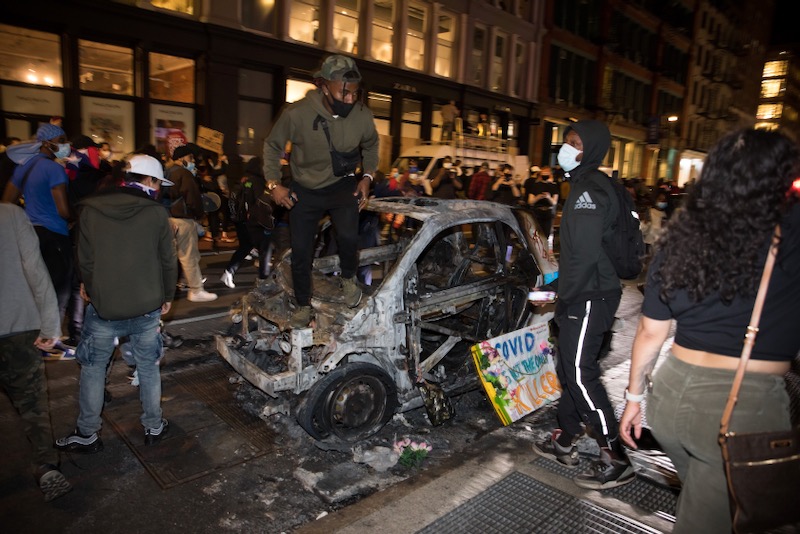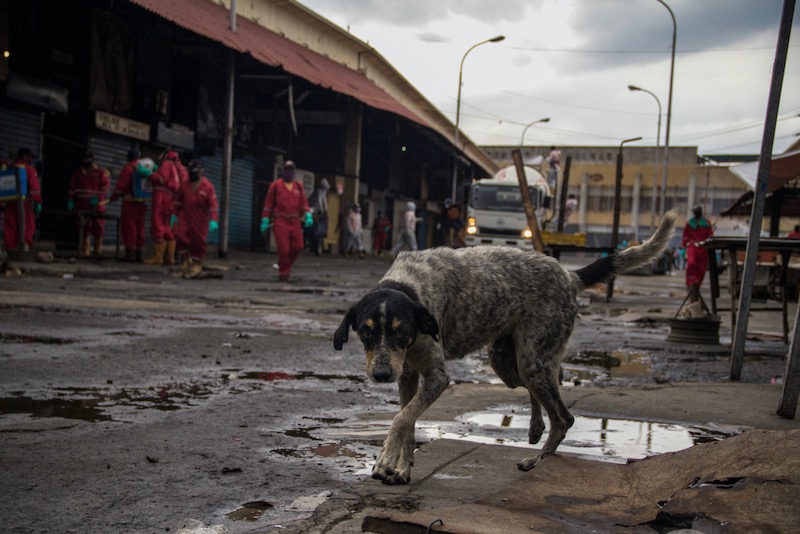Catholic missionaries in Latin America have noticed an increase in child abuse during the Covid-19 pandemic. The social turmoil provoked by the disease and restrictions imposed by governments are amplifying the risks, they say.
Throughout Latin America, the new epicentre of the disease, schools are closed and children are at home. “That's precisely what is most worrying,” said Brazilian Sr Roselei Bertoldo of the Missionary Sisters of the Immaculate Heart of Mary who works on sexual abuse. “We know that sexual abuse and exploitation largely happen inside families and those problems tend to grow during confinement.”
In Peru, the number of phone calls to the Ministry of Women and Vulnerable Populations' hotline has doubled during quarantine. Two thirds of recent calls have involved underaged victims. In Madre de Dios department, in the Peruvian Amazon, Carol Jeri, an official of the local Caritas, reported that illegal miners often set up camps with underage girls as prostitutes.
In Colombia, besides the increasing number of abuses at home, different armed groups have intensified recruitment. “Girls who are recruited by armed groups can suffer much violence, including sexual abuse and exploitation,” said Nathalia Forero, a social worker linked to the Daughters of Charity of St Vincent de Paul. “We feel very impotent at this moment.”
Rosario Alfaro, an adviser to the Mexican bishops' child protection council, said: “There are bigger risks of sexual advances to children and teenagers in a moment like this when quarantine makes many adults grow anxious and stressed with unemployment and the fear of the disease.”
Talitha Kum, the international network of religious against trafficking in persons, has noted an exponential increase in numbers of vulnerable people. Sr Gabriella Bottani, the organisation's international coordinator, says they are focusing on groups with a high risk of being trafficked, especially in rural areas, refugee camps and city slums.
On 18 May, Brazil’s National Day to Combat Abuse and Sexual Exploitation of Children and Adolescents, the Cry for Life Network, made up of women religious from different congregations, held their Make it Beautiful campaign on social media for the protection of victims and the denunciation of trafficking.
In Spain, the congregation of Handmaids of the Blessed Sacrament, has cared for 115 victims of trafficking, including ten minors, since the lockdown was announced.



 Loading ...
Loading ...